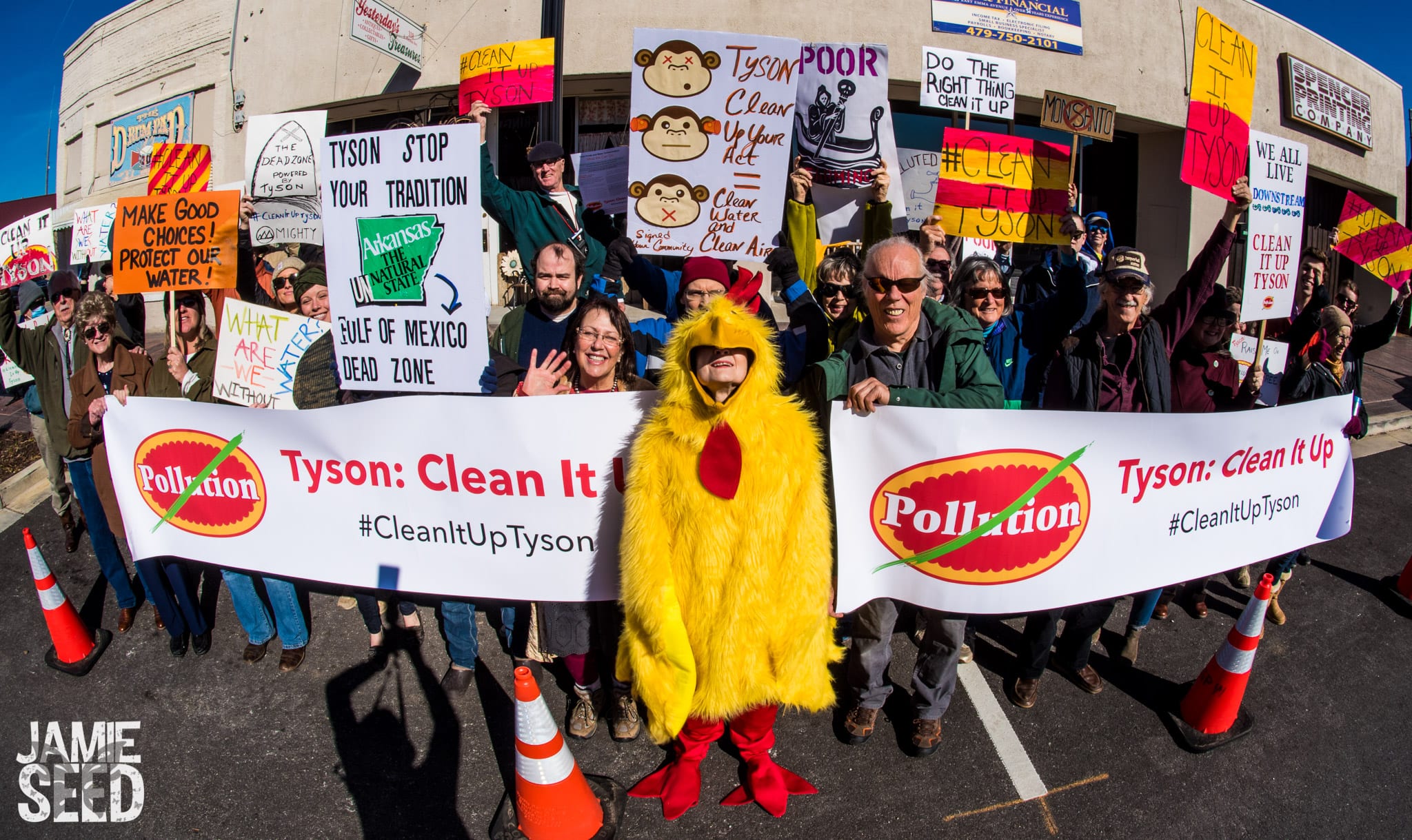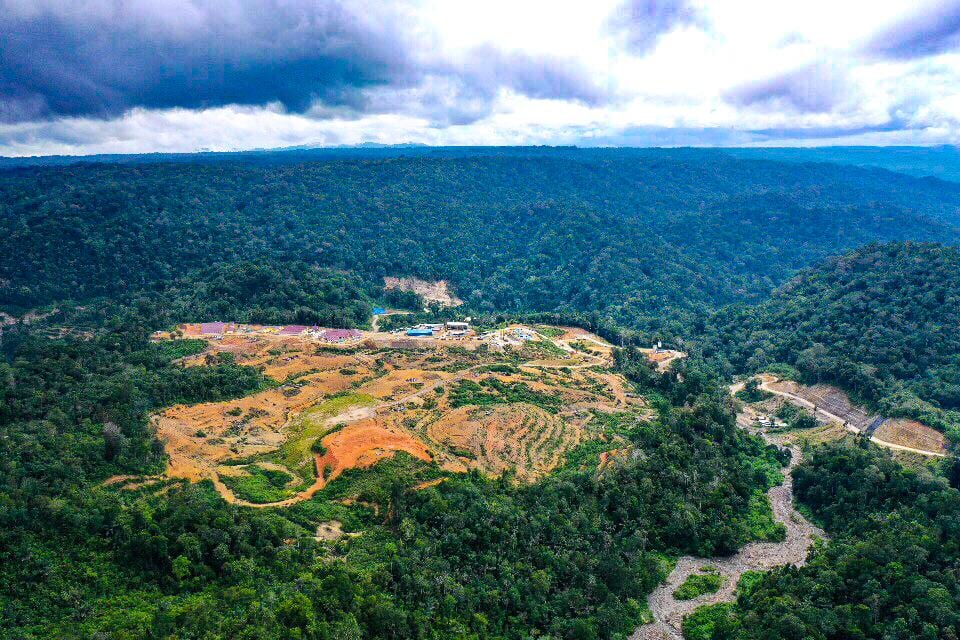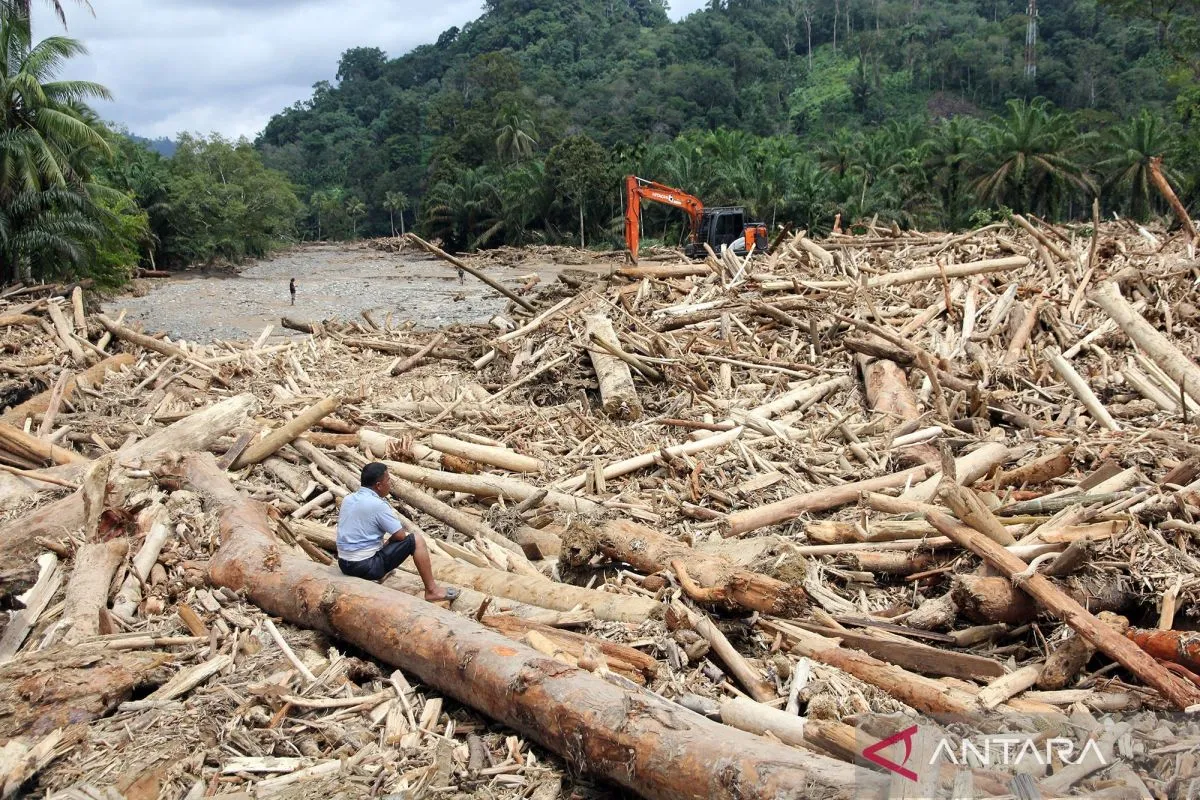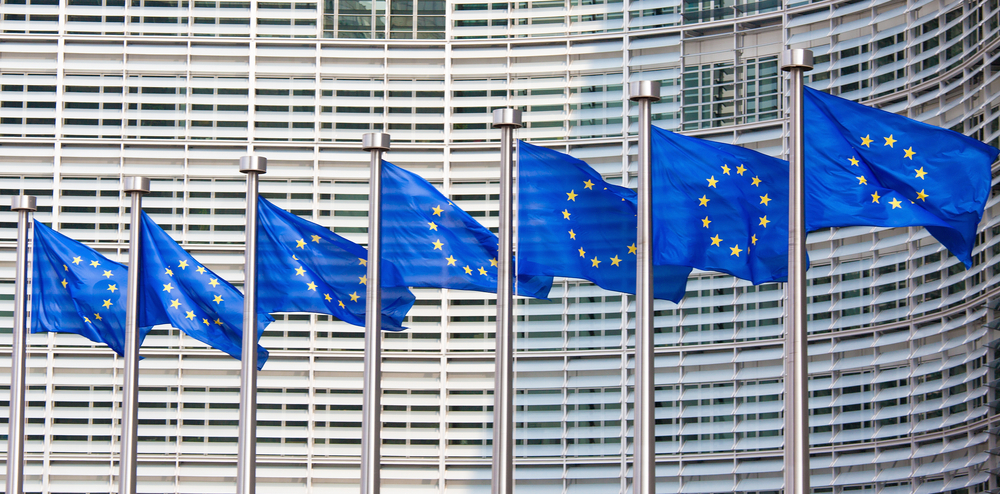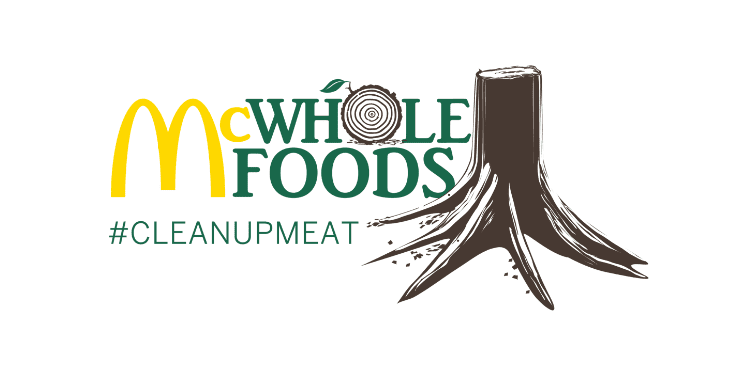
McWholeFoods … We’re Not Loving It #CleanUpMeat
McWholeFoods … We’re Not Loving It #CleanUpMeat
Few activities cause as much damage to land, water, and the climate as industrial meat production. That includes the meat that ends up as McDonald’s burgers and Whole Foods steak. These companies have no environmental requirements for the meat they buy, and both sell their customers meat from some of the most destructive and polluting companies on Earth: Cargill and Tyson. Cargill and Tyson are responsible for driving massive destruction of rainforests in South America, water pollution in the Midwest, and an enormous dead zone in the Gulf of Mexico.
McDonald’s and Whole Foods play important roles in our food system, deciding what kind of meat ends up on our menus and dinner tables and setting the standards for how that meat is produced. These companies have a unique ability and responsibility to make sure meat suppliers are using sustainable farming practices to keep our waters clean and forests intact. Yet both are turning a blind eye to the uncontrolled environmental devastation taking place in their meat supply chains and directing customer dollars to some of the worst offenders.
You wouldn’t know it from the menu board, but the burgers and McNuggets sold at McDonald’s are typically prepared by Cargill and Tyson. McDonald’s ranks among the largest meat buyers in the world. As Cargill’s single largest customer and one of the largest fast-food companies – and meat sellers – in the world, McDonald’s is one of the most powerful levers available for moving Cargill and Tyson to clean up their meat.
More surprisingly than that, despite its green branding, chicken and beef sold at Whole Foods also comes from the same sources as McDonalds – Tyson and Cargill. Whole Foods has built a global brand based on promising their trusting customers that their products are sustainable and come from responsible suppliers. Yet, Whole Foods has no environmental standards for its meat and is buying from some of the most polluting companies on the planet.
Industrial meat is a leading driver of climate change and is responsible for about 15% of global climate pollution. Eighty percent of global agricultural land is dedicated to raising meat, equivalent to about a third of our planet’s total. In South America, commodity crop farming (i.e., soy monocultures) and cattle grazing are the leading causes of deforestation, and in the U.S., industrial meat production is the single largest source of water pollution. But this destruction can be avoided by using more sustainable farming practices. It is possible to produce food at a large scale without destroying forests, climate, and water, yet Cargill and Tyson are continuing to advanced the same practices of pollution and destruction around the world. Customers must and are demanding better.
Join Us!
Now we need McDonald’s and Whole Foods to act because their biggest suppliers are destroying wild forests and contaminating our water. As high-profile companies with extreme market power McDonald’s and Whole Foods can get unaccountable companies like Cargill and Tyson to make positive change by setting clear standards requiring responsible practices from suppliers.
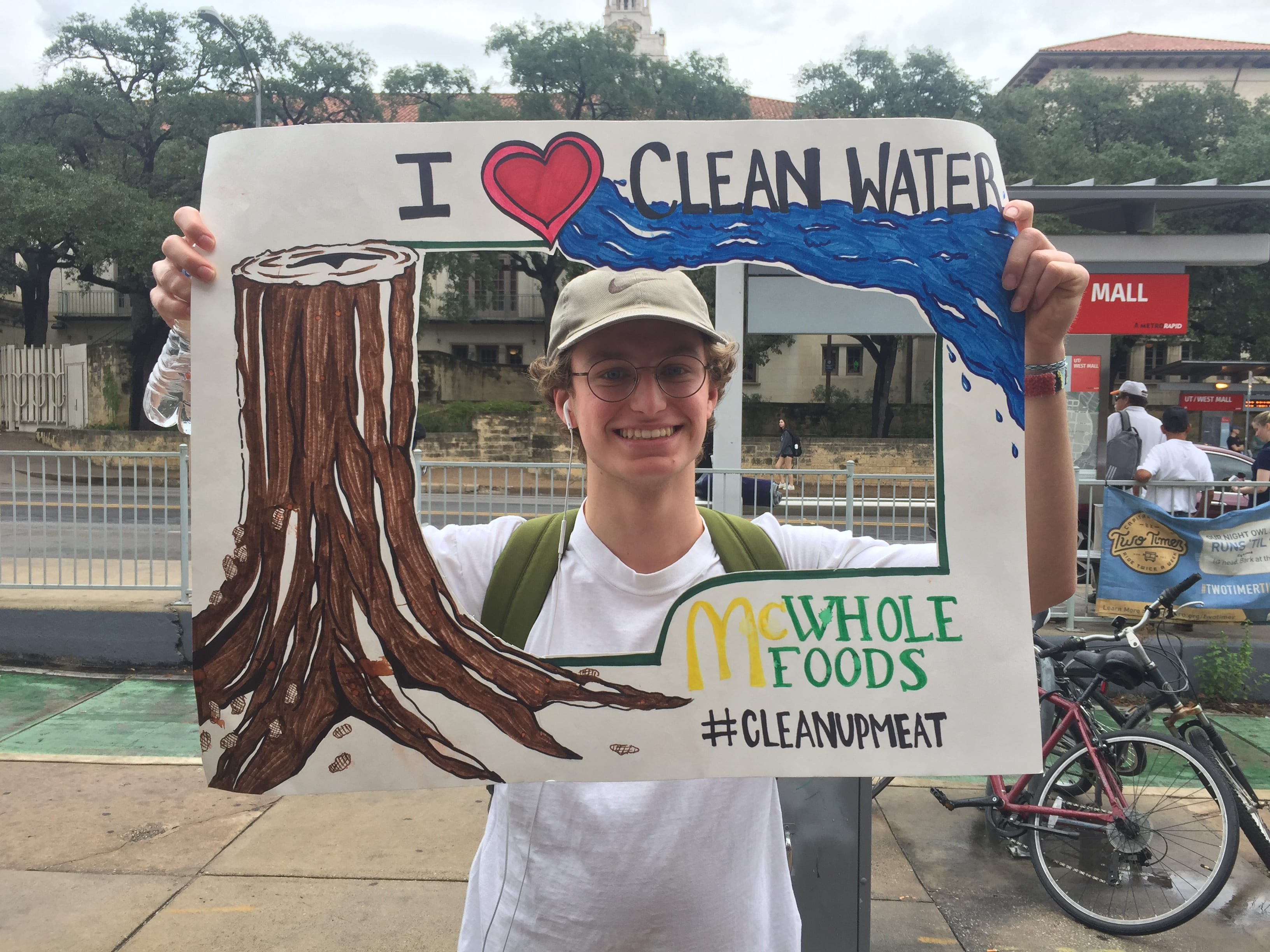

Join us in telling McDonald’s and Whole Foods to stop selling meat from Cargill and Tyson until they make concrete steps to end deforestation and pollution.
Shoot us a note to get involved – [email protected].
